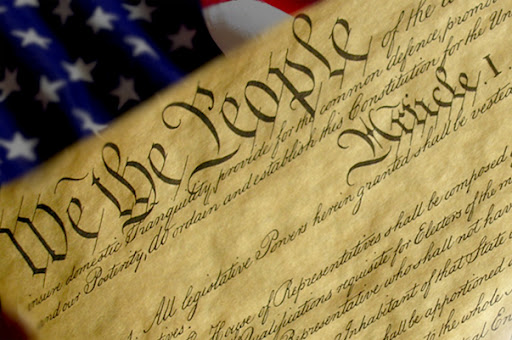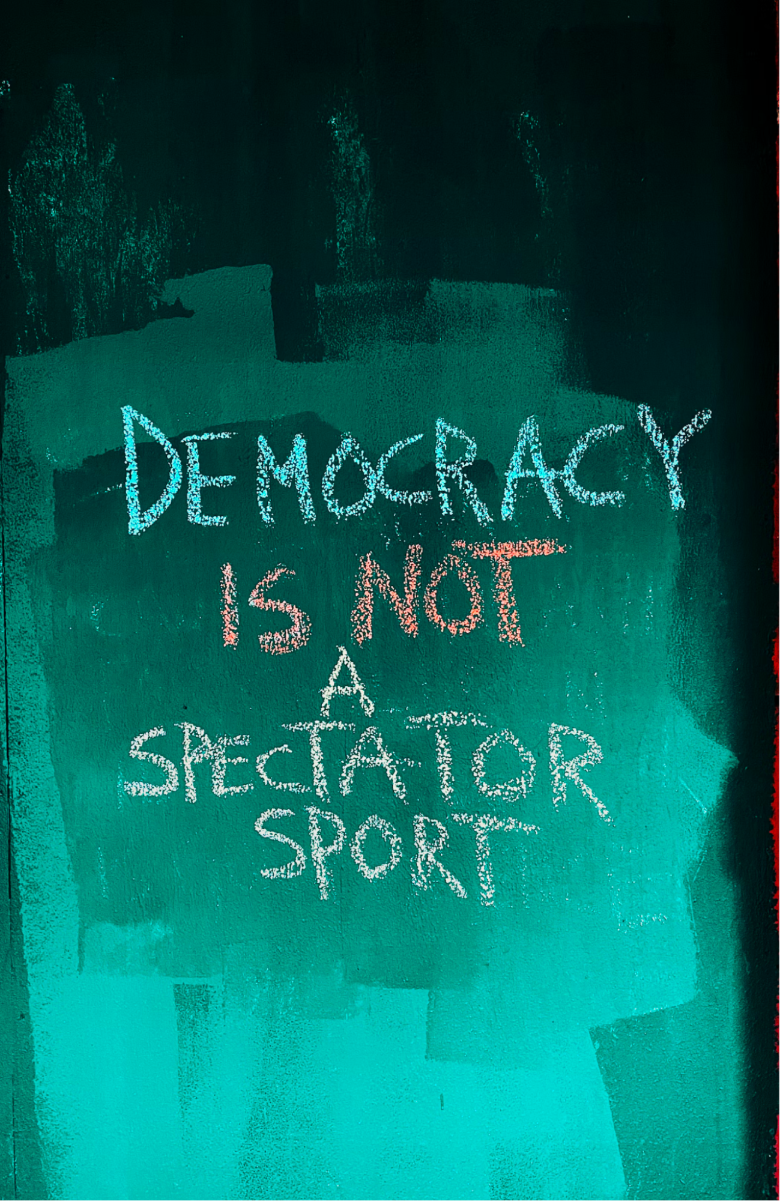Analysis
Mahmoud Khalil’s deportation case has alarming implications
Earlier this year, during the holy month of Ramadan, ICE agents followed Columbia graduate student Mahmoud Khalil home after he broke his fast and forcibly detained him without a warrant. Khalil, a Palestinian activist, was then disappeared into an unmarked vehicle and taken to an unknown location as his pregnant wife watched and pleaded for information. It was later revealed that Khalil had been moved to a detention center in Jena, Louisiana, where he faced deportation. He was held for over three months in poor conditions, missing his graduation and the birth of his first child.
In the days after Khalil’s arrest, DHS Deputy Secretary Troy Edgar struggled to give a concrete reason as to why he had been detained. In an NPR interview, Edgar cited vague allegations of antisemitism and terrorist activity. When pressed, he could not give specific examples to support those allegations. Secretary of State Marco Rubio cited a law from 1952 claiming that foreign nationals can be deported if they pose a risk to US foreign policy. Most recently, the Trump administration has accused Khalil of lying on his green card application. The ever-changing justifications for his deportation and detainment are further evidence of an obvious truth: Khalil’s fundamental rights were stripped from him for no reason other than his outspoken opposition to the US government’s stance on a foreign policy issue.
We should all be concerned about what happened to Mahmoud Khalil, not just for his sake, but also for the sake of the numerous other immigrants whose detentions and deportations have not garnered nearly as much media attention. Khalil, a green-card holder, has legal permanent residency in the United States, providing him with additional protections from deportation without due process.
Instead, the Trump administration appeared wholly unconcerned with the U.S. Constitution’s guarantees of freedom of speech and due process, using him instead as a scapegoat in its authoritarian agenda. A few days after Khalil’s detainment, the White House posted a picture of him along with a screenshot of a post from President Trump referring to Khalil as a “Radical Foreign Pro-Hamas Student.” Disturbingly, the post was captioned “SHALOM, MAHMOUD,” appearing to allege he is antisemitic.
In a moving letter to his newborn son, dictated from detention, Khalil wrote, “I have come to recognize the look in the eyes of every father in this detention center. I sit here contemplating the immensity of your birth and wonder how many more firsts will be sacrificed to the whims of the US government, which denied me even the chance of furlough to attend your birth. How is it that the same politicians who preach ‘family values’ are the ones tearing families apart?”
Now, even after his release on bail, he continues to face the threat of deportation as the government continues its retaliative legal assault. If the Trump Administration successfully deports Mahmoud Khalil, it will mark a dangerous turning point, signaling the onward march of far-right authoritarianism within the United States.
Transcript

Pluralism is Democracy in Action
On July 4, America will mark 250 years since the signing of the Declaration of Independence. That day in 1776, the nation’s founders put forward a bold vision for a new democratic experiment, one rooted in shared values, with power derived from the people rather than imposed by a monarch or religious authority:


